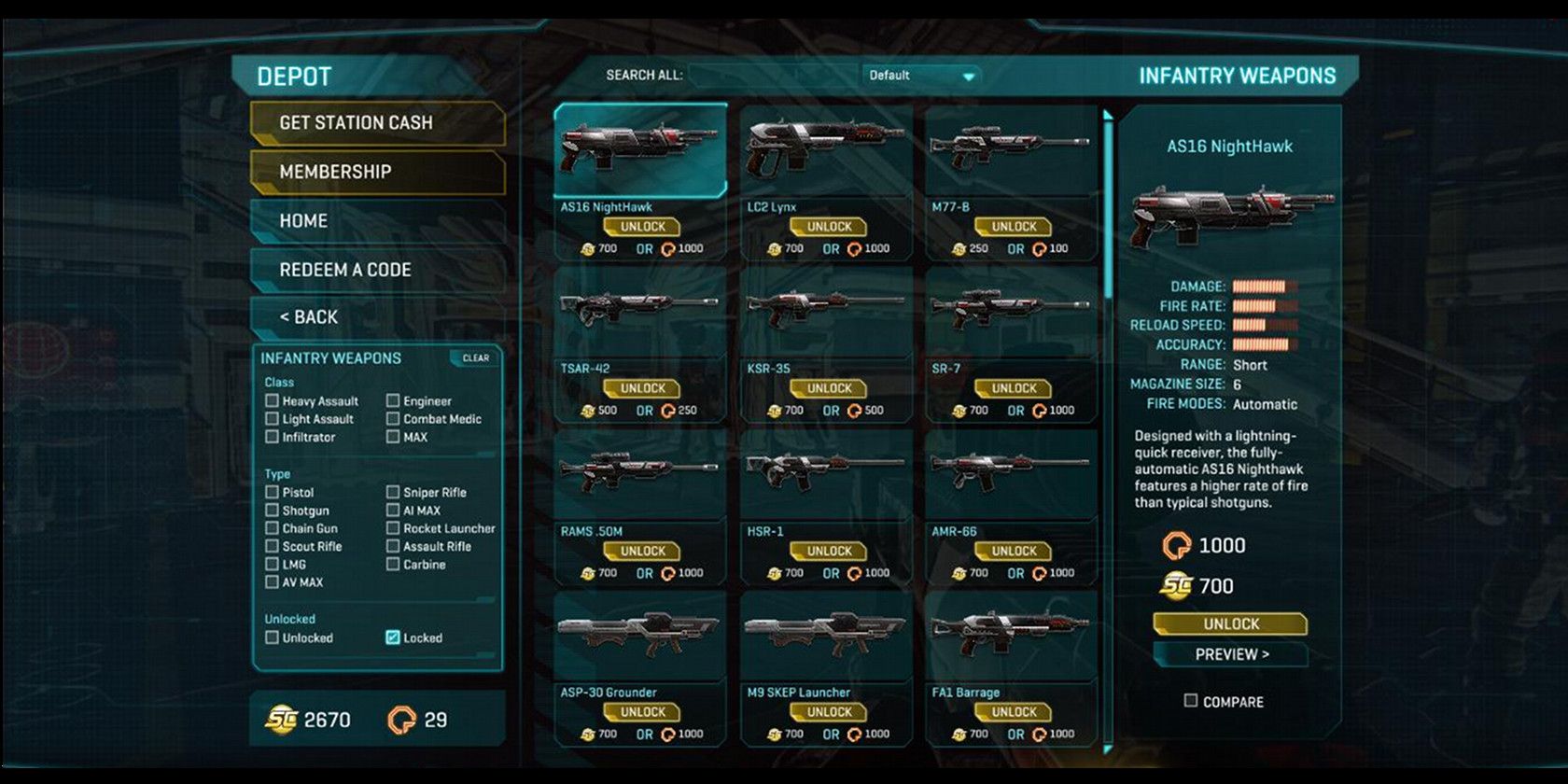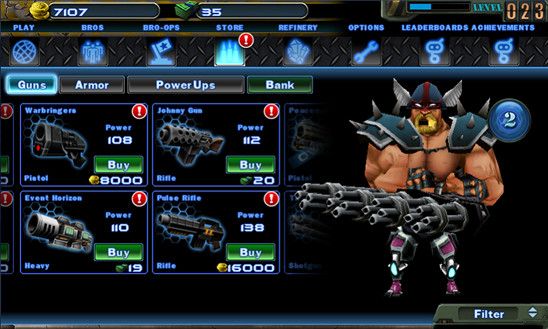A decade ago playing a game was a simple affair for your wallet. You went to the store, you bought it, and then maybe a few years later you'd also buy an expansion. That was it. There was no DLC, no cash shops, no premium in-game currency.
Ah, but times have changed. Now many games are free up-front, but bombard players with an endless array of in-game purchases, some of which are impossible to avoid if you want to complete the game. Worse, these pay walls can be undetectable at first, but there are usually a few hints that will tip you off before you sink too much time into the game.
Pressure To Share The Game On Social Networks
Games that dip excessively into freemium territory operate on the idea that a fool and his money are soon parted. Who that person is and how happy they are with the game aren't important. What's important is getting the game in front of as many fools as possible.
To encourage that, freemium games will often ask you to share the game via social networks like Facebook. Almost all games of the freemium breed do it, but those trying particularly hard to drain your bank account are absolutely relentless. They may ask you to share every time you start the game, every time you finish a level, or even send notifications to your phone or tablet asking you to share when you're not playing the game!
A Lack Of In-Game Bundles, Or Bundles That Are A Raw Deal
Many freemium games offer bundles that provide in-game items and/or currency at a set price which is much less than what each item would cost individually. This is a typical business practice, similar to supermarkets selling items at a reduced price if you buy multiples. They make less per item, but the bundling encourages you to spend more than you otherwise would.
This practice can take a nasty turn, however, if the game wants to put the squeeze on you. Not everyone that buys a bundle actually compares its price to the price of individual items, so sometimes a bundle won't even be discounted, but instead be priced as the sum of everything included.
You may also run across excessively expensive bundles that exist only to lure customers who have a moment of weakness and fork over big bucks with a single click, or whose point is to make other bundles seem inexpensive in comparison. Both tactics are a good indication that a game is more concerned with your pocket-book than your entertainment.
A Steep Difficulty Curve
Freemium games are easy to start playing as a rule. The entire point of making a game free is to have as many people to play as possible, and making the first levels anything but brain-dead easy would go against that goal.
What's a problem, however, is when subsequent levels are extremely difficult or even impossible to pass without buying in-game items or currency. This tactic teases the player into feeling confident and powerful, and then takes that feeling away alongside a promise that it could be regained by spending a few measly bucks.
A fair freemium game may be difficult, but it will never be so hard that passing a level is impossible without spending money. If you feel tempted into pay-to-win, do yourself a favor and uninstall the game. The feeling will only get worse.
In-Game Purchases That Never Last
Buying an item in-game usually provides you with some advantage, but how long does that advantage last? In most cases the answer is "forever," as you'll either be able to buy an in-game item directly, or buy the item with in-game currency that was itself purchased with real money. Examples include bonuses to leveling, items that make your more powerful, or travel tools that let you move around the game more quickly.
Some games, however, won't let you have anything you can keep. You'll be able to purchase bonuses, but they'll only last for a set period of time or for the duration of a specific level. After that they're gone, leaving you to buy more, which means there's no limit to how much you can spend on the game. This tactic is common in the freemium world, but particularly nasty titles will only offer temporary bonuses, rather than placing them alongside more permanent advantages.
Rip-offs And Boobs
Freemium titles that want your money usually don't spend a lot of time trying to think up an entirely original idea. What's the point? The goal is to nudge the player into an endless cycle of paying for rewards that run out, leaving you with the urge to open your wallet again.
As such, freemium games often focus on looking good upfront - and also rather familiar. Searches like "Lord of the rings" and "Fast and the Furious" tend to produce a lot of me-too games, particularly on the Google Play store. These tie-ins aren't always trying to fool you into thinking they're the real thing, but the developers of such games know people are more likely to download a game if it looks vaguely familiar from the start.
If that doesn't work, well, it's time to bring out the boobs! Overtly sexual advertisements have been around a long time, but have become particularly common with the rise of freemium titles. Evony is one of the most famous examples and a pioneer in ridiculously sexual ads, and even kills both birds with one stone, as it also mimics the look of Civilization's older ads. Using virtual flesh to lure in customers is a dead giveaway a game's looking for easy money.
Conclusion
You'll notice, as you look through these statements, that they apply to more than just no-name games from unheard of developers. There's a strong argument that popular titles like Candy Crush fit at least a few of these criteria.
Some might say that's because Candy Crush really is a bad game that's trying to suck you dry. But it's also an indication that these rules are broad. Fulfilling just one of the conditions above doesn't mean a freemium game is going to suck, but if you spot multiple red flags, it's probably time to run.
Fortunately, you usually don't need to spend much time with a game to see if it's trying to spring a trap on your bank account. Sometimes you don't even need to download a game. Do all the official images include scantily-clad women alongside pay-store items? Cross that sucker off your list!
What do you think about freemium games? Are you willing to put up with their antics, or do you think they deliver addiction rather than entertainment? Let us know in the comments.





